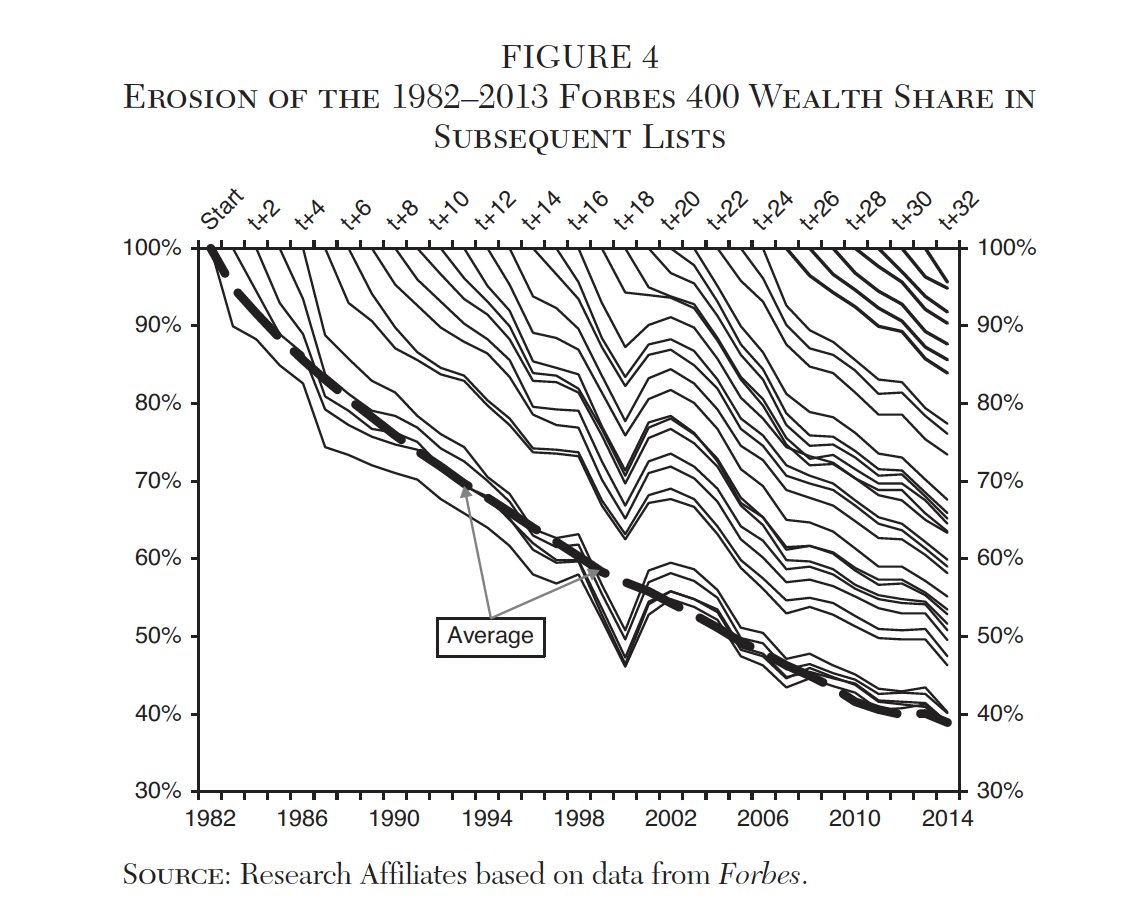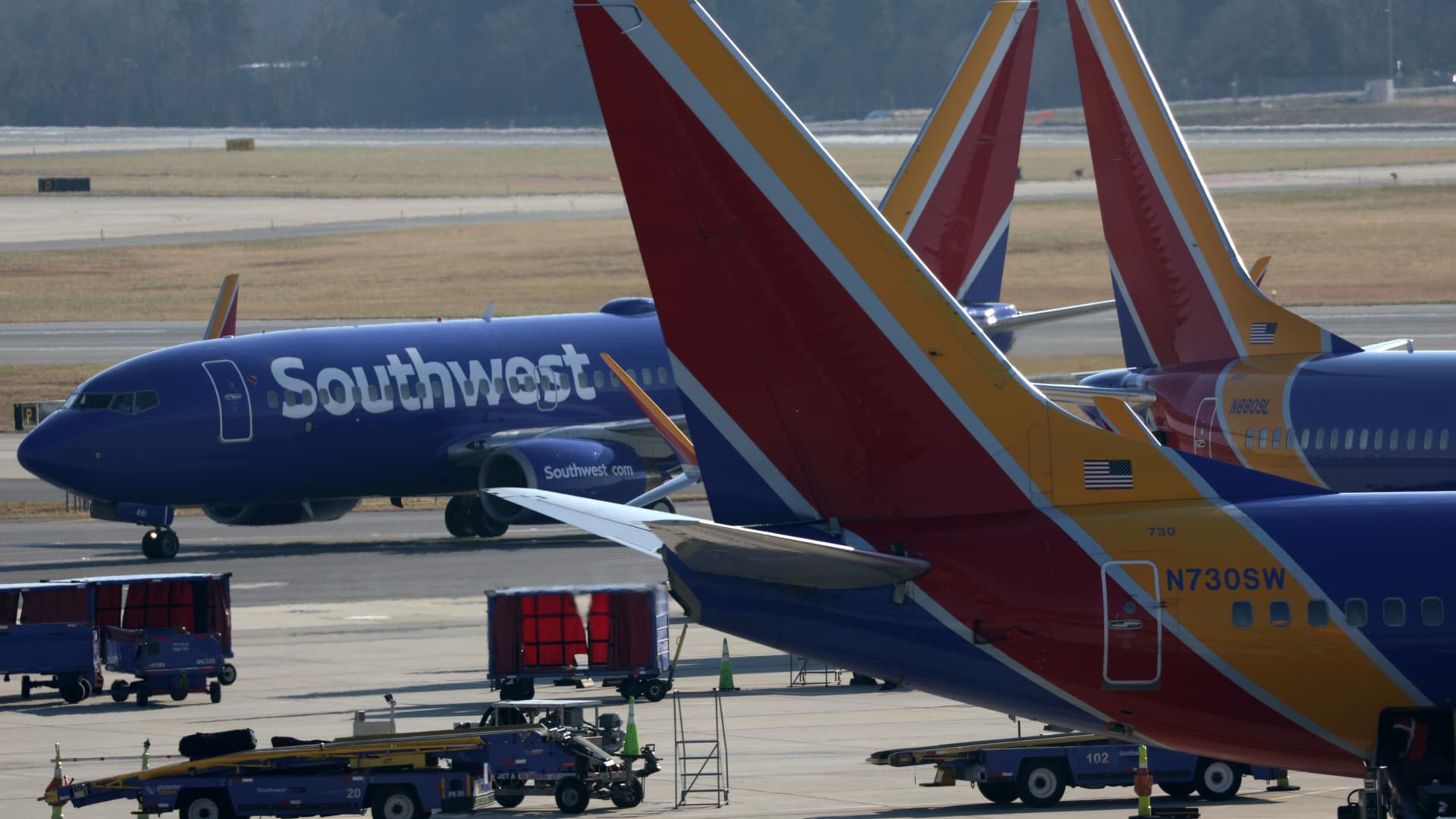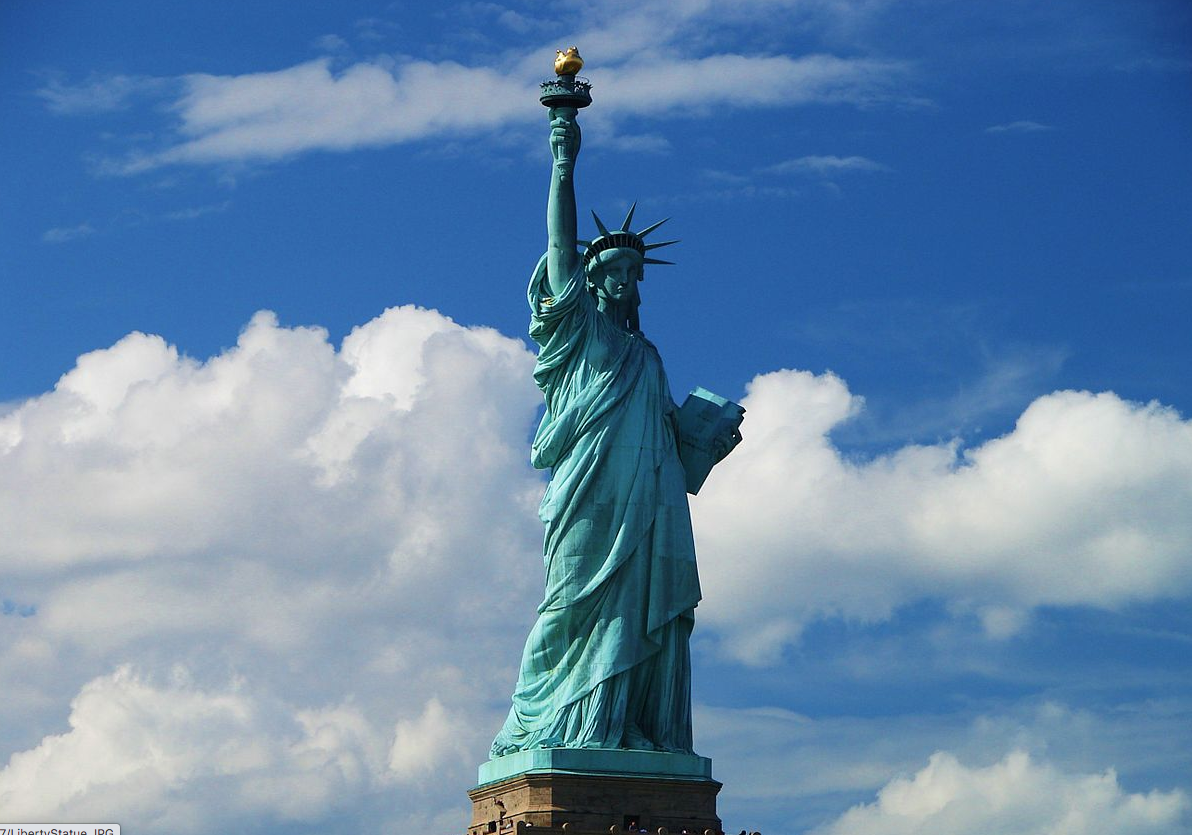© Reuters. A salesman shows a shoe in the sport store PUMA, as the spread of the coronavirus disease (COVID-19) continues, in Berlin, Germany, April 25, 2020. REUTERS/Annegret Hilse/file photo
By Linda Pasquini and Alexander Hübner
(Reuters) -Puma on Tuesday said it expects a soft first half of the year as negative currency effects continue to put pressure on the German sportswear company, but stuck to the annual targets it gave in January.
“Going into 2024, we see that the market environment remains challenging,” CEO Arne Freundt said in a statement.
The sportswear sector, hit by rising material and freight costs as well as inventory markdowns and higher promotional expenses, has seen demand weaken as customers battling with inflation cut spending on high-priced goods.
In the fourth quarter of 2023, Puma’s currency-adjusted sales in the Americas fell by 6.4% to 846 million euros ($918.5 million), hit by a slump in the value of the Argentine peso.
Currency-adjusted sales in the Europe, Middle East and Africa (EMEA) region also dropped 5.2% on the year to 667.9 million euros, compared to a 9.9% year-on-year increase in the third quarter.
The decline was mainly due to generally higher inventory levels in the trade, Puma said.
Asia-Pacific revenue rose 2.8% on a currency-adjusted basis to 468.3 million euros in the quarter, helped by strong growth in the Greater China region and India.
However, Puma flagged that sales in the rest of Asia were softer, impacted by consumer sentiment and warm weather.
The group reiterated its 2024 forecast for mid-single-digit percentage growth in currency-adjusted sales, and earnings before interest and tax of 620 million to 700 million euros.
The company said it would be launching a new brand campaign in the current year to strengthen its positioning, the first such campaign in ten years.
Puma’s shares were 1.4% higher in early Frankfurt trade, having lost 16% year-to-date by Monday’s close.
($1 = 0.9211 euros)















